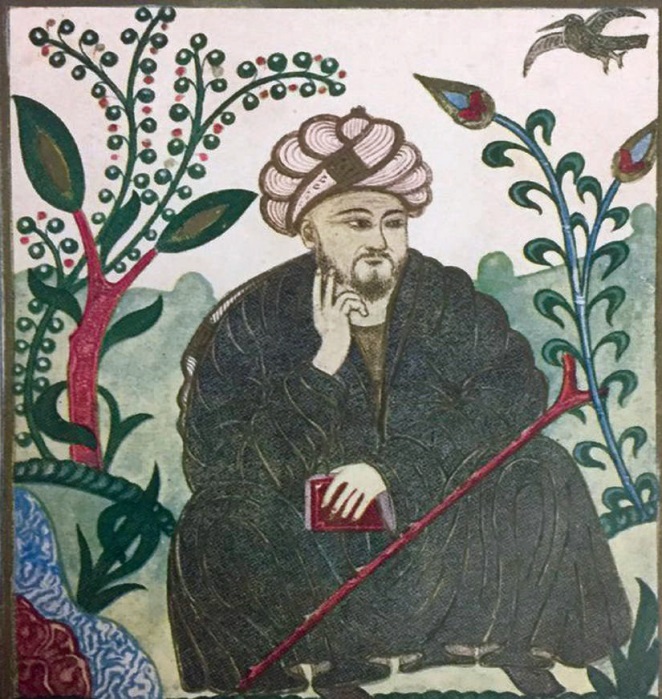The
recently published "Cambridge Companion to Leo Strauss" isn't the
best place to start for those interested in the musings of this notorious (and
notoriously obscure) philosopher.
For a better introduction to Leo Strauss and the intellectual movement he spawned, see "The truth about Leo Strauss" by Catherine and Michael Zuckert. True, their book is partisan, pro-Straussian and polemical, but nevertheless informative.
But, of course, the sine qua non of Straussian studies are the three books by Shadia Drury on the subject, "The political ideas of Leo Strauss", "Leo Strauss and the American right" and "Alexandre Kojève: The Roots of Postmodern Politics". Drury is implacably hostile to Strauss, and naturally haven't been invited to contribute to the companion volume. For a more personal (and yes, gossipy) look at Strauss and the Straussians, see Anne Norton's "Leo Strauss and the politics of American empire".
All contributors to "The Cambridge Companion to Leo Strauss" seem to be followers of Leo Strauss. What I found most fascinating is that they often *confirm* the main accusations made by Strauss' critics. Drury sees Strauss as a covert nihilist, whose ideas were close to the fascistic existentialism and decisionism of Martin Heidegger and Carl Schmitt, and indirectly to postmodernism. Thus, Strauss' conservative "return to the ancients" was simply an exoteric cover for a very different kind of message. In their book "The truth about Leo Strauss", the Zuckerts claim that this is a very curious and recent reading of Strauss.
It is not.
In this volume, Michael Zuckert admits that many prominent Straussians read Strauss exactly in this manner!
When will these people stop their silly pretenses, I wonder?
Another contributor to the companion, Lawrence Lampert, enthusiastically quotes private letters in which Strauss claims to have discovered an esoteric message in both Hesiod, Herodotus, Thucydides and Maimonides. Lampert further believes that Strauss himself had an esoteric message, and was at bottom a Nietzschean. Stanley Rosen (who also wrote an article for this book) apparently goes one step further: Strauss didn't believe philosophy was possible at all. Even his philosophical musings were exoteric. It also seems as if most Straussians agree with the idea that Plato didn't really mean what he said in his dialogues. Justice, the perfect city, the realm of ideas, the immortal soul...all that was just exoteric window-dressing. The real Plato, it seems, was an atheist or agnostic, who believed the exact opposite of what he wrote. Perhaps even a nihilist? However, he chose not to divulge the harsh truth in order to save society from implosion.
But these are *exactly* the ideas Drury criticizes Strauss of having!
Several contributors quote a letter in which Strauss seems to be suggesting that the only alternative to Nazism is "Roman" and "imperial". Strauss also believed that wars are inevitable and cannot be abolished, and that all societies are necessarily "closed".
Of course, "The Cambridge Companion to Leo Strauss" also includes articles giving a more moderate interpretation of the old man. Yet, it nevertheless feels as if the matter has been settled. Drury was right, it seems. The entire book feels like a Straussian endgame.
The most interesting articles in this volume are: "Leo Strauss: The Outlines of a Life" by Steven B. Smith, "Strauss's Recovery of Esotericism" by Lawrence Lampert, "Leo Strauss's Qualified Embrace of Liberal Democracy" by William A. Galston and "Straussians" by Michael Zuckert.

No comments:
Post a Comment